
Mentoring in Action
A Practical Guide for Managers
Read or listen offline
Recommendation
Although virtually every informed observer agrees that modern organizations must evolve more rapidly in order to thrive, few companies sufficiently emphasize the importance of mentoring - face-to-face coaching that prepares workers to assume greater responsibilities. Described as "a celebration of mentoring in action," this practical handbook explains how to establish a mentoring program. It assumes that you are already familiar with mentoring terminology. Authors David Megginson, David Clutterbuck, Bob Garvey, Paul Stokes and Ruth Garrett-Harris emphasize the importance your organization’s culture plays in the establishment of a mentoring program. The book is primarily a series of case studies - more than 25, involving a wide variety of corporate and academic examples - wrapped in an extended introduction and a conclusion. getAbstract recommends this book as a manual for academic, management and human resource professionals who are interested in mentoring. Those who are not yet convinced that their organizations need mentoring programs may see the light after they read this book.
Summary
About the Authors
David Megginson is the co-founder of the European Mentoring and Coaching Council. David Clutterbuck is visiting professor of mentoring and coaching at Sheffield Hallam University, where Bob Garvey is the leader of the related research unit. Paul Stokes is a senior lecturer at the coaching and mentoring research unit, and Ruth Garrett-Harris is a lecturer, researcher and consultant.









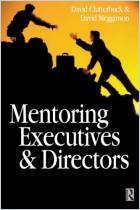
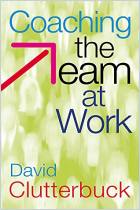

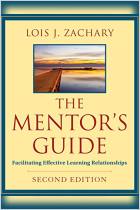
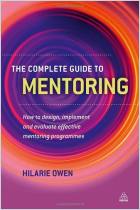
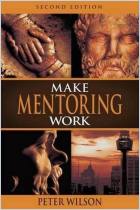

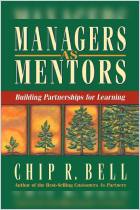




Comment on this summary or Diskussion beginnen